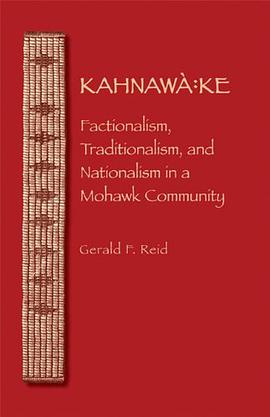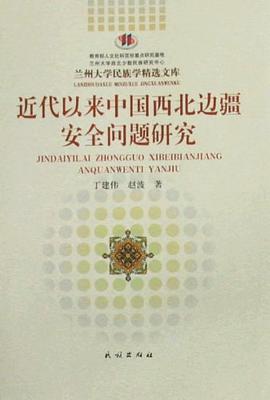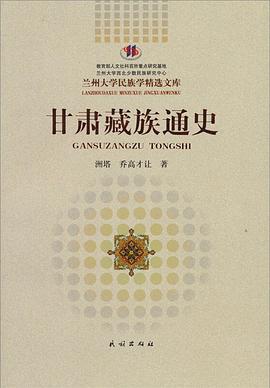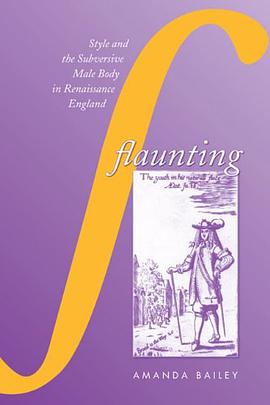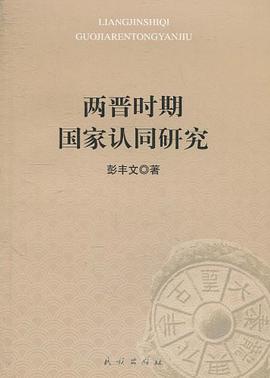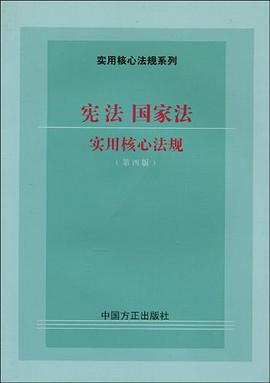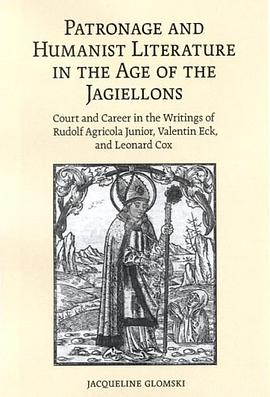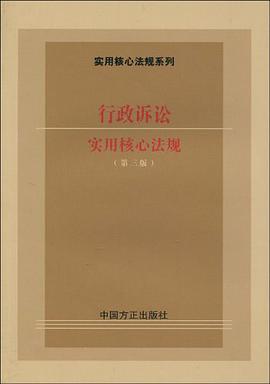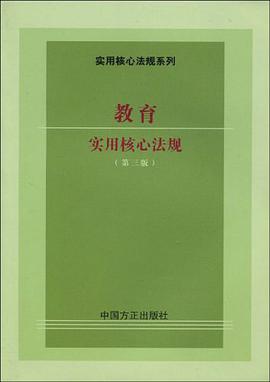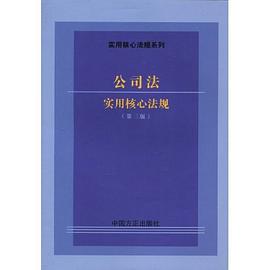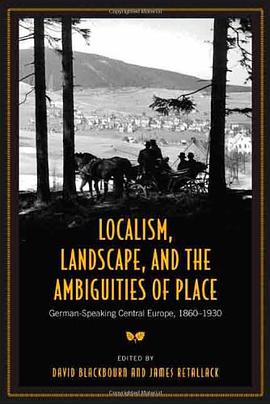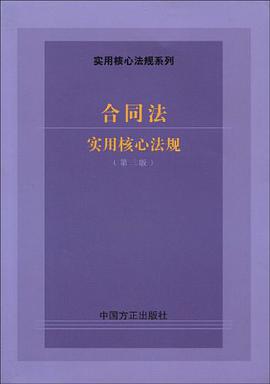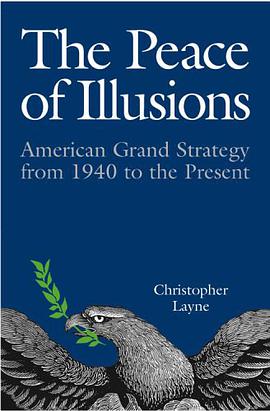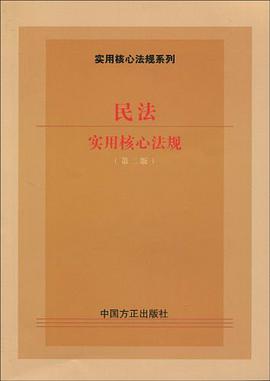

具体描述
Keeping the Circle presents an overview of the modern history and identity of the Native peoples in twentieth-century North Carolina, including the Lumbees, the Tuscaroras, the Waccamaw Sioux, the Occaneechis, the Meherrins, the Haliwa-Saponis, and the Coharies. From the late 1800s until the 1930s, Native peoples in the eastern part of the state lived and farmed in small isolated communities. Although relatively insulated, they were acculturated, and few fit the traditional stereotype of an Indian. They spoke English, practiced Christianity, and in general lived and worked like other North Carolinians. Nonetheless, Indians in the state maintained a strong sense of "Indianness." The political, social, and economic changes effected by the New Deal and World War II forced Native Americans in eastern North Carolina to alter their definition of Indian-ness. The paths for gaining recognition of their Native identity in recent decades has varied: for some, identity has been achieved and expressed on a local stage; for others, their sense of self is linked inextricably to national issues and concerns. Using a combination of oral history and archival research, Christopher Arris Oakley traces the strategic response of these Native groups in North Carolina to postwar society and draws broader conclusions about Native American identity in the late twentieth and early twenty-first century. Christopher Arris Oakley is an assistant professor of history at East Carolina University.
作者简介
目录信息
读后感
评分
评分
评分
评分
用户评价
相关图书
本站所有内容均为互联网搜索引擎提供的公开搜索信息,本站不存储任何数据与内容,任何内容与数据均与本站无关,如有需要请联系相关搜索引擎包括但不限于百度,google,bing,sogou 等
© 2026 book.quotespace.org All Rights Reserved. 小美书屋 版权所有

